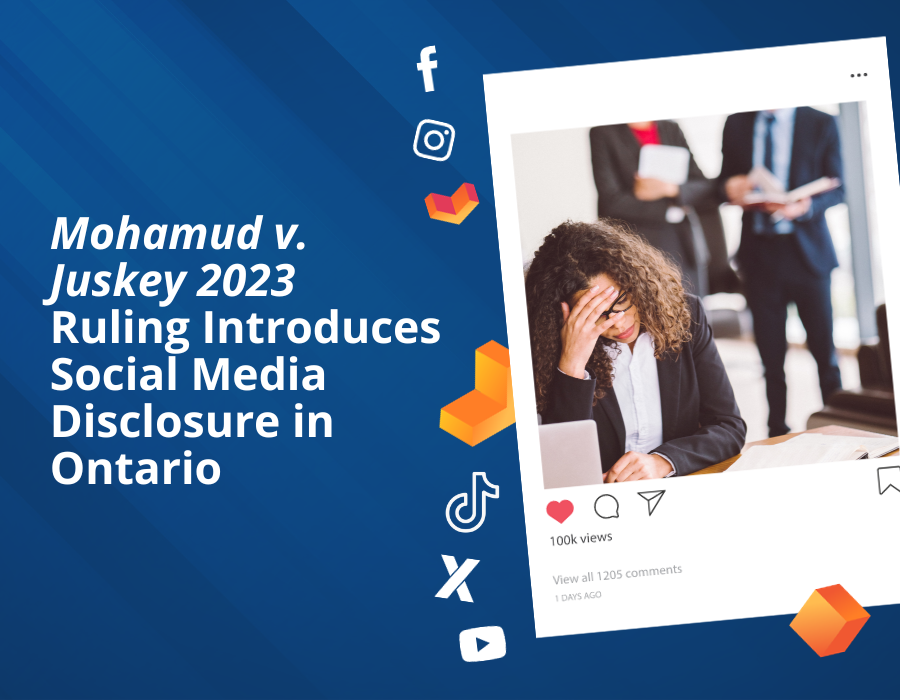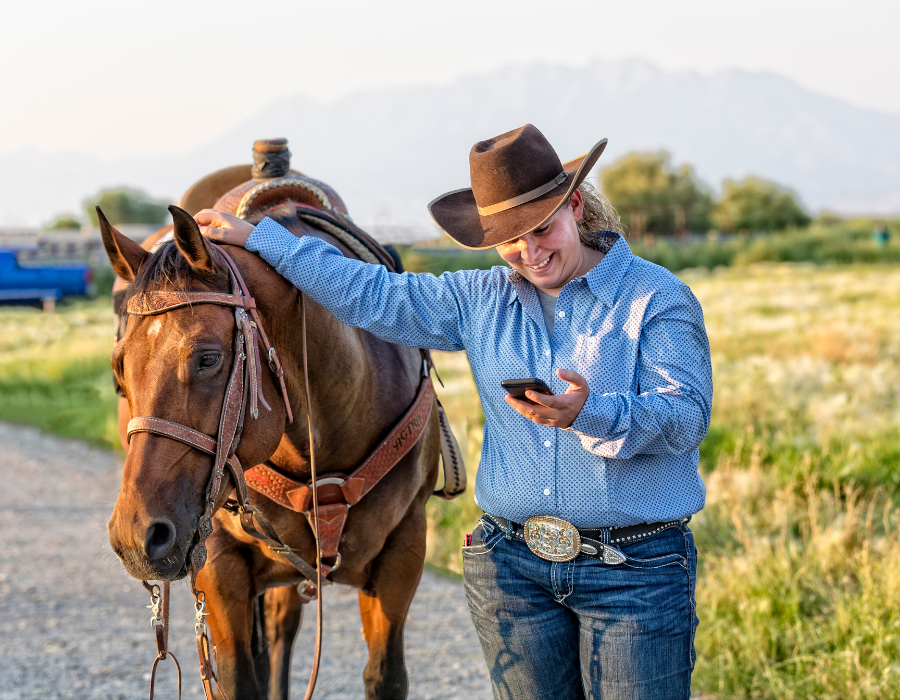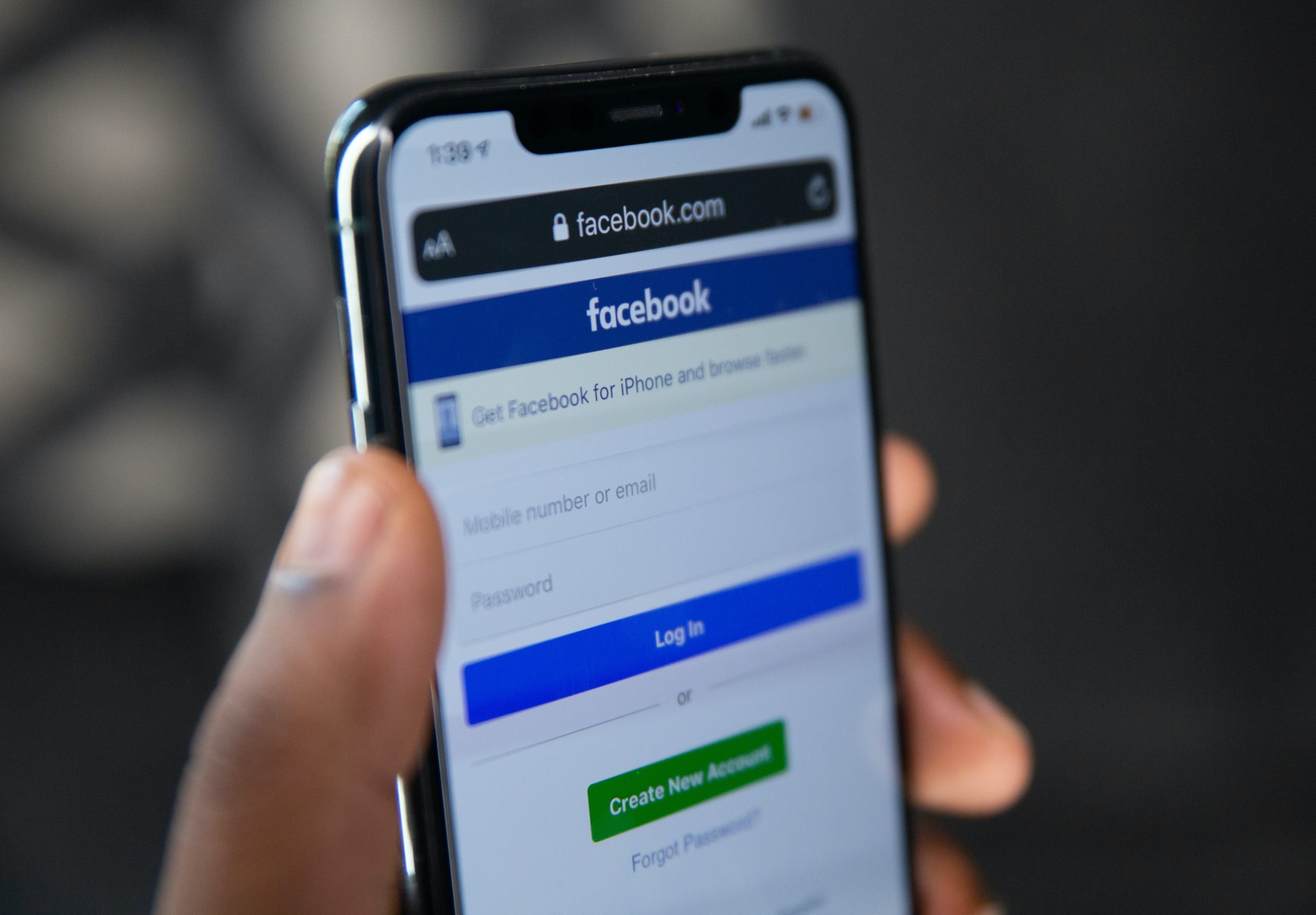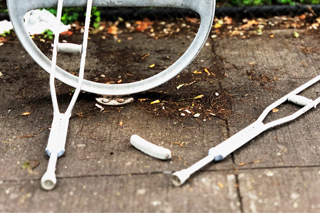
Citation: 2024 Cal. Super. LEXIS 44249 (Cal. Super. Ct. Jan. 26, 2024)
Judge: Honorable Ralph C. Hofer
Court and County: Superior Court of California, County of Los Angeles
Time to Comply with Social Media Disclosure Order: 10 Days
Facts
In a California personal injury lawsuit, Apana, the plaintiff, sued Ford Motor Co. for injuries sustained when a faulty liftgate in a leased vehicle collapsed on her head, causing severe brain injuries. Ford requested the plaintiff’s social media account usernames and email addresses to evaluate her physical and social activities as part of their defense. Apana objected, arguing privacy concerns.
Ruling
The California Superior Court ruled in favor of Ford and ordered Apana to disclose her social media accounts. The court emphasized that social media content is relevant evidence in personal injury cases, as it can provide insight into a plaintiff’s claimed damages and quality of life. The court also noted that Apana failed to establish a reasonable expectation of privacy, citing that social media content is generally not considered private once shared online. Under California law, to claim privacy protection, a party must prove:
- A legally protected privacy interest
- A reasonable expectation of privacy
- A serious invasion of privacy that outweighs the need for disclosure
Since Apana did not meet these criteria, the court ruled that she must comply within 10 days.
Key Takeaways
- In California, social media evidence is discoverable in personal injury litigation if relevant to the plaintiff’s claims.
- Privacy objections must meet a high standard—simply claiming social media content is private is insufficient.
- Plaintiffs should be prepared to disclose social media accounts when their online activity may contradict injury claims.
Final Thoughts
California’s Apana v. Ford Motor Co. decision highlights the necessity for personal injury attorneys to anticipate social media production requests during litigation. Clients should be counseled on their digital footprint early in the case, ensuring that their social media evidence aligns with their claims. Failing to disclose relevant online activity can weaken credibility and impact case outcomes. Attorneys must stay ahead by guiding clients on responsible online behavior and proactively addressing discovery obligations.
Private Footprint Keeps You in the Know
Your clients’ social media activity may be a goldmine or a minefield. Private Footprint was developed by Personal Injury Lawyers to help plaintiff-only law firms avoid the Discovery/Deposition Surprise. It gives firms immediate and ongoing visibility into their clients’ social media activity to protect and increase the value of their files. We’re also enabling paralegals and legal assistants to produce client social media reports in minutes, not hours. All this for only $100 per client (plus taxes), invoiced as individual receipts itemized for ease of tracking disbursements. No hidden fees, no subscriptions, no surprises.
Request a Demo to learn more about Private Footprint and how you can start protecting the value of your files.












































